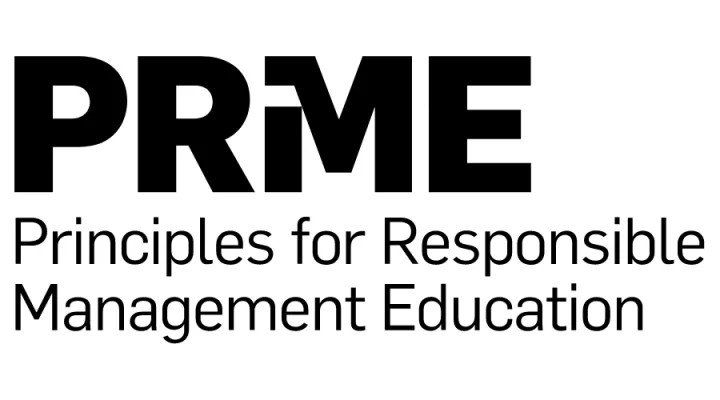
Why Study Law?
In 2025, the study of law has become increasingly interdisciplinary, incorporating emerging technologies, data privacy, and global issues. Law programs emphasize critical thinking, analytical skills, and practical experience, equipping students with the knowledge and tools to navigate the complex legal landscape and serve as advocates for their clients and communities.
A law degree in 2025 opens up a wide range of diverse and dynamic career opportunities, both within the traditional legal field and in various other sectors. Here are some of the key career paths available to individuals with a law degree:
Private Law Practice:
Law firms of all sizes, from global corporate firms to boutique practices, continue to offer traditional legal services such as litigation, transactional work, and advisory roles.
Specializations may include areas like corporate law, intellectual property, real estate, family law, and criminal defense.
In-House Counsel:
Large corporations, nonprofit organizations, and government agencies employ in-house legal teams to provide strategic advice, handle compliance issues, and manage legal risks.
In-house counsels play a crucial role in supporting the overall business or organizational objectives.
Legal Tech and Innovation:
The growing field of legal technology creates opportunities for lawyers to work as legal tech entrepreneurs, product managers, or consultants, leveraging their legal expertise to develop and implement innovative solutions.
Roles may include legal technology development, legal operations, and legal process automation.
Government and Public Service:
Law graduates can pursue careers in various government agencies, ranging from federal, state, and local levels, as well as in international organizations and non-governmental organizations (NGOs).
Roles may include policy analysis, legislative drafting, public advocacy, and regulatory enforcement.
Judicial and Legal System Roles:
Lawyers can aspire to become judges, magistrates, or other judicial officers, contributing to the fair and impartial administration of justice.
Additionally, law graduates may work as court administrators, legal researchers, or in other supportive roles within the judicial system.
Alternative Dispute Resolution:
The growing emphasis on alternative dispute resolution (ADR) techniques, such as mediation and arbitration, creates opportunities for lawyers to serve as neutral third-party facilitators, mediators, or arbitrators.
Legal Education and Research:
Law graduates may choose to pursue academic careers, working as professors, legal scholars, or researchers in universities, think tanks, or research institutions.
Entrepreneurship and Business:
Leveraging their legal expertise, law graduates can also establish their own law firms or start legal-tech companies, or apply their skills in other entrepreneurial ventures or business management roles.
The versatility of a law degree in 2025 allows graduates to explore a diverse range of career paths, from traditional legal practice to innovative, technology-driven roles and beyond, making a law degree a highly valuable asset in the evolving professional landscape.
Obtaining a law degree in 2025 equips individuals with a robust set of transferable skills that are highly valued across a wide range of industries and professions. Law students develop critical thinking and analytical abilities, allowing them to tackle complex issues and formulate well-reasoned arguments. They also hone their effective communication skills, both in written and oral forms, which are invaluable in diverse professional settings. The meticulous research and information synthesis skills acquired during legal education translate well to roles that require accuracy and attention to detail, such as accounting, project management, or data analysis. Additionally, law programs instill time management and prioritization abilities, as well as the adaptability and versatility to navigate change, making law graduates an asset in fast-paced, high-pressure environments. Finally, the strong ethical foundation established during legal education is a valuable asset in leadership roles, corporate social responsibility initiatives, or any position that requires principled decision-making. By leveraging these transferable skills, law graduates in 2025 can seamlessly transition into a diverse array of careers, from traditional legal roles to non-legal positions in the private, public, and nonprofit sectors, making a law degree a highly versatile and valuable asset.
Discover different type of law degree at UK University
MASTER DEGREES IN LAW
UK UNIVERSITY
Master in Law LLM
The Master in Law (LLM) program is designed to provide students with advanced legal knowledge and skills in various specialized areas, such as international law, commercial law, and human rights law. This program aims to develop critical thinking and analytical abilities, preparing graduates for leadership roles in legal practice, academia, or public policy. Students benefit from a diverse and intellectually stimulating environment, engaging with expert faculty and peers from around the world.
Read MoreBACHELOR DEGREES IN LAW
UK UNIVERSITY
Bachelor in Law LLB
The Bachelor of Laws (LLB) program provides a comprehensive understanding of legal principles and practices, preparing students for careers as solicitors or barristers. Covering core subjects such as contract law, criminal law, and public law, this degree develops critical thinking and research skills. Graduates can pursue further legal education or diverse careers in politics, business, or journalism.
Read MoreCertain UK Universities contain the following accredited qualifications.
Times Higher Education - Best Universities in the UK 2025

QS University Rankings

The Association to Advance Collegiate Schools of Business - Accreditation

QS Five Star rating

Teaching Excellent Framework (TEF)

Research Excellence Framework

The Quality Assurance Agency for Higher Education

Small Business Charter (SBC) Excellence

Chartered Management Institute

Chartered Association of Business Schools (CABS)

Principles for Responsible Management Education (PRME)




